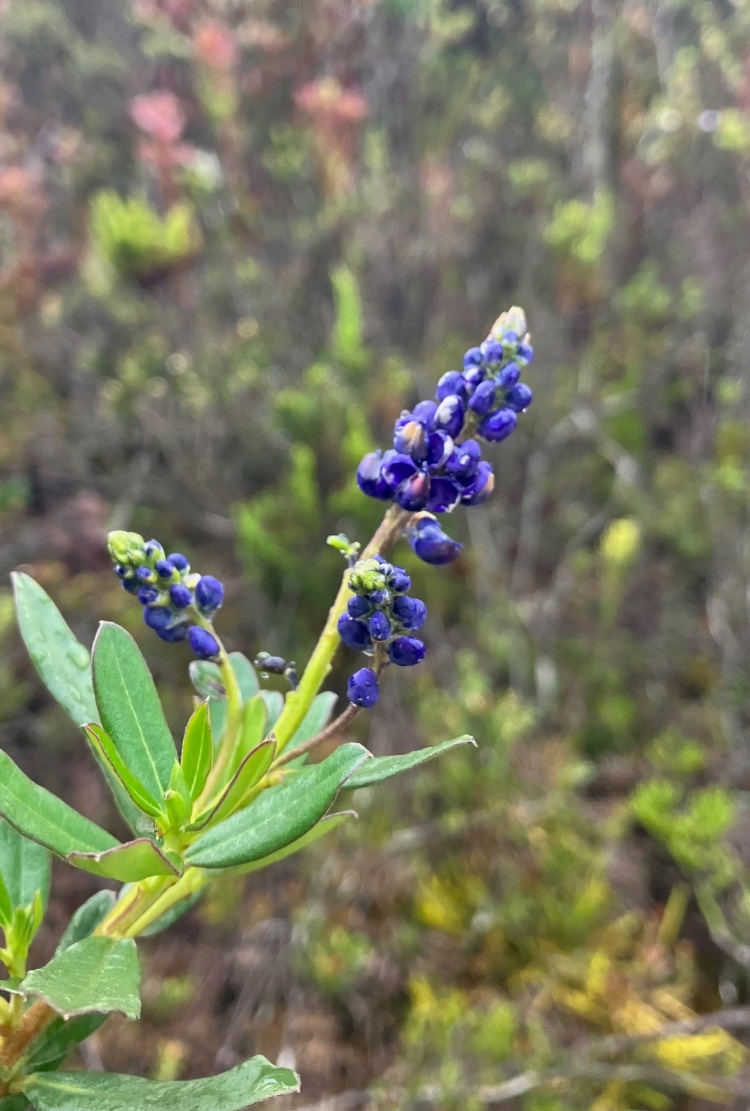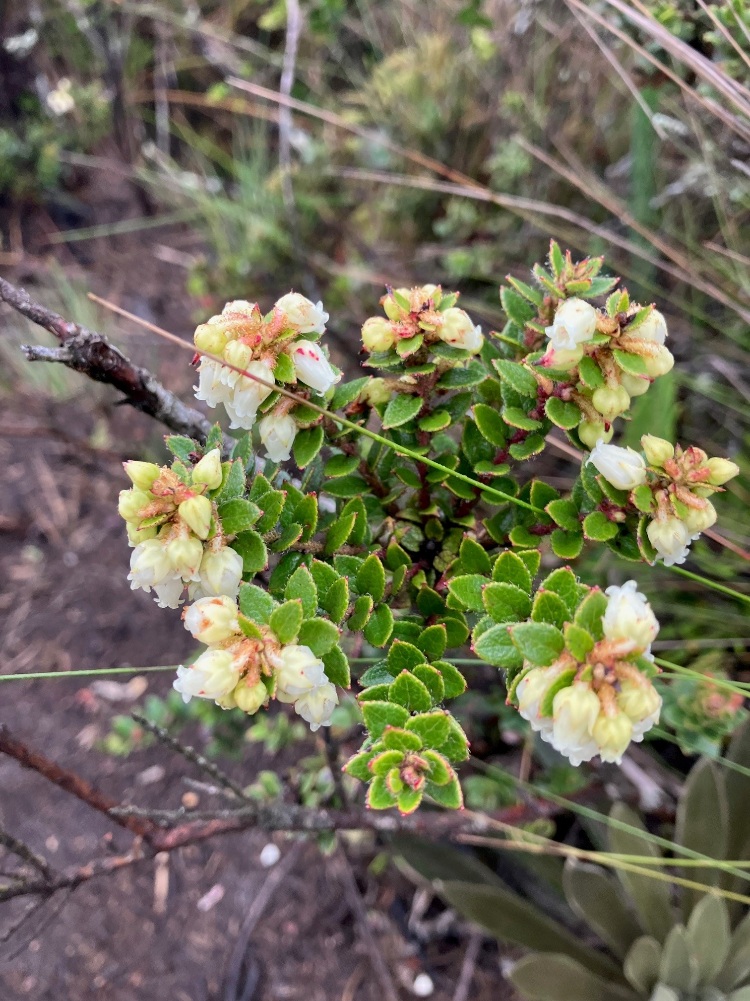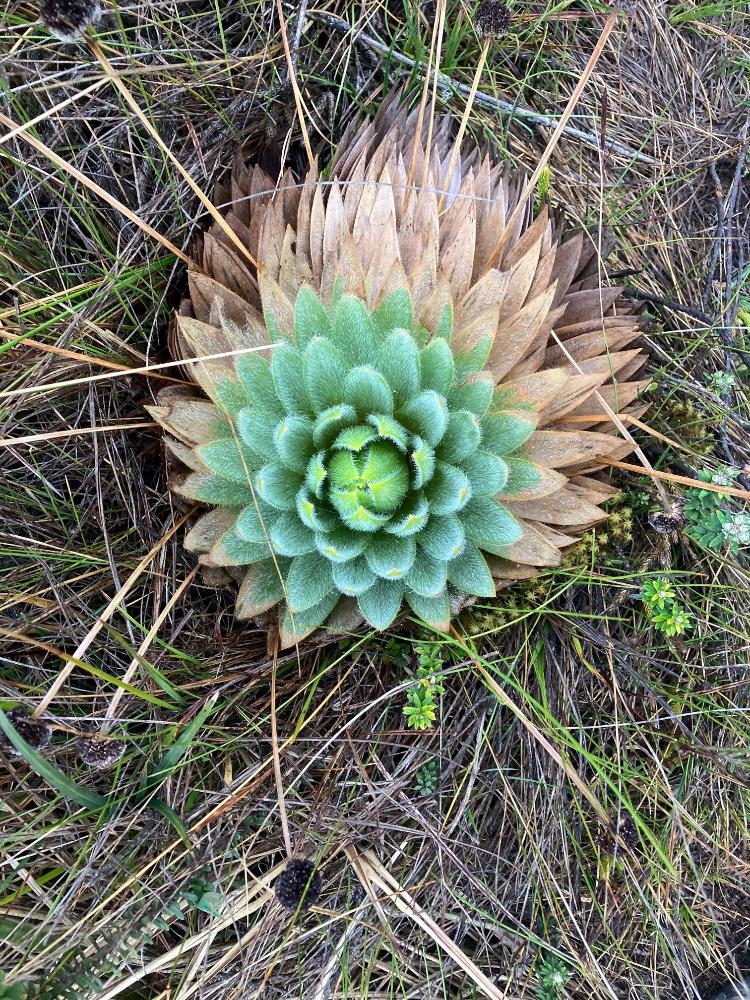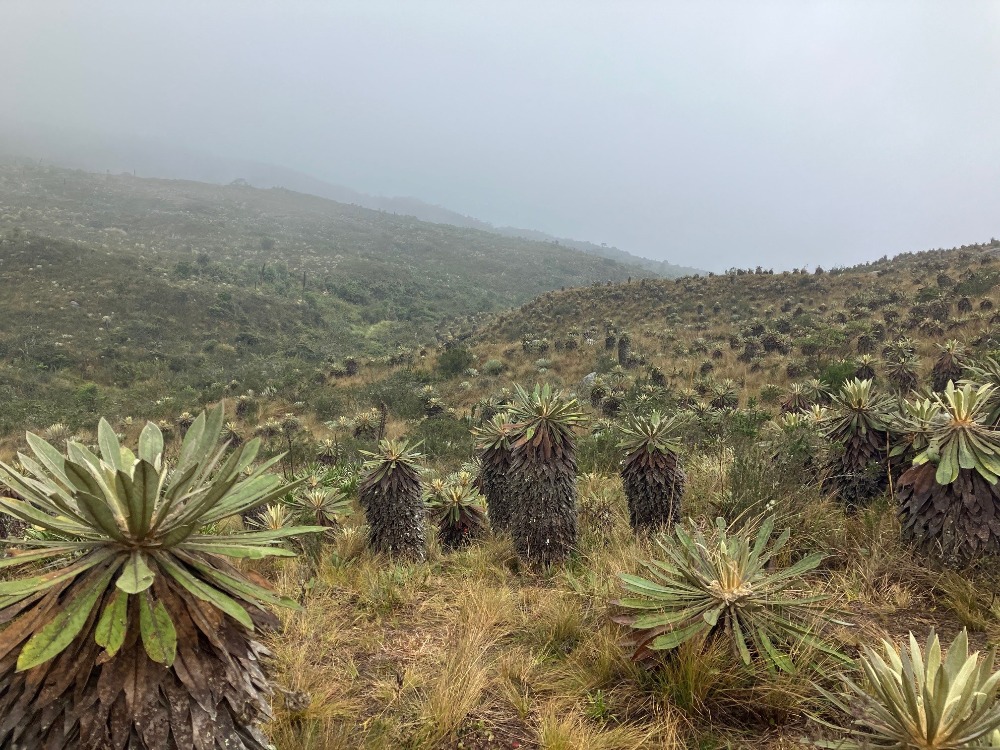Mosquera, Cundinamarca. March 21, 2024. During COP 15 of the Convention on Biological Diversity (CBD) in 2022, the conservation of 30% of terrestrial, aquatic, and marine biodiversity by 2030, known as the 30x30 Goal, was agreed as a priority. In "The Global Challenge of Biodiversity Conservation," published this month in "Planning Theory and Practice," the authors, including Oscar Forero, Ph.D. Researcher at the Tibaitatá Research Center pointed out that a critical point that prevents the harmonization of the human rights objectives of indigenous peoples and the biodiversity conservation objectives is the failure of countries (parties of the agreement) and actors within the institutional conservation architecture to recognize the plurality of values on biodiversity. This lack of recognition is reflected in the persistent difficulty encountered by programs and projects focused on protection and sustainable use of biodiversity in recognizing the right of self-determination of indigenous peoples.
The article points out that many areas identified for conservation within the 30x30 framework coincide with indigenous territories. The authors noted that we must not forget that the creation of protected areas caused the forced displacement and marginalization of indigenous peoples. However, many of the complaints of indigenous peoples to achieve environmental justice were ignored and continue to be silenced today. However, when indigenous peoples have been heard and public policy has been modified, there has been a dramatic impact on achieving biodiversity conservation goals.



Asking Dr. Forero about the relevance of the article for the agricultural sector and its importance for AGROSAVIA, he pointed out, "Without the decisive transformation towards sustainable and more resilient agri-food systems, we will be increasingly vulnerable to food insecurity. With reduced access to ecosystem services, agri-food systems cannot contribute significantly to closing economic and sociopolitical inequality gaps. In Colombia, we have yet to develop plans to achieve increased resilience of agri-food systems at different scales (National, Regional, and Departmental), ensuring compatibility between these scales. The research institutes of the sector, including AGROSAVIA, should be able to inform these action plans to ensure their coherence with the Sustainable Development Goals -SDGs, and the goals of agrobiodiversity conservation and recovery of soils and aquifers."
Considering that the CBD COP 16 will be held in Colombia between October 21 and November 1 of this year, Dr. Forero told us that he hopes that, to prepare this COP, the article will contribute to the preparation of AGROSAVIA and the research institutes with interest and responsibility concerning the sustainable use of agrobiodiversity in Colombia.
Click here to access the scientific article.
- More information here:
- María Elena Londoño Rubio
- Communications, Identity and Corporate Relations Professional
- Research Center Tibaitatá
- Communications, Identity and Corporate Relations Advisory Office
- melondono@agrosavia.co
- AGROSAVIA





